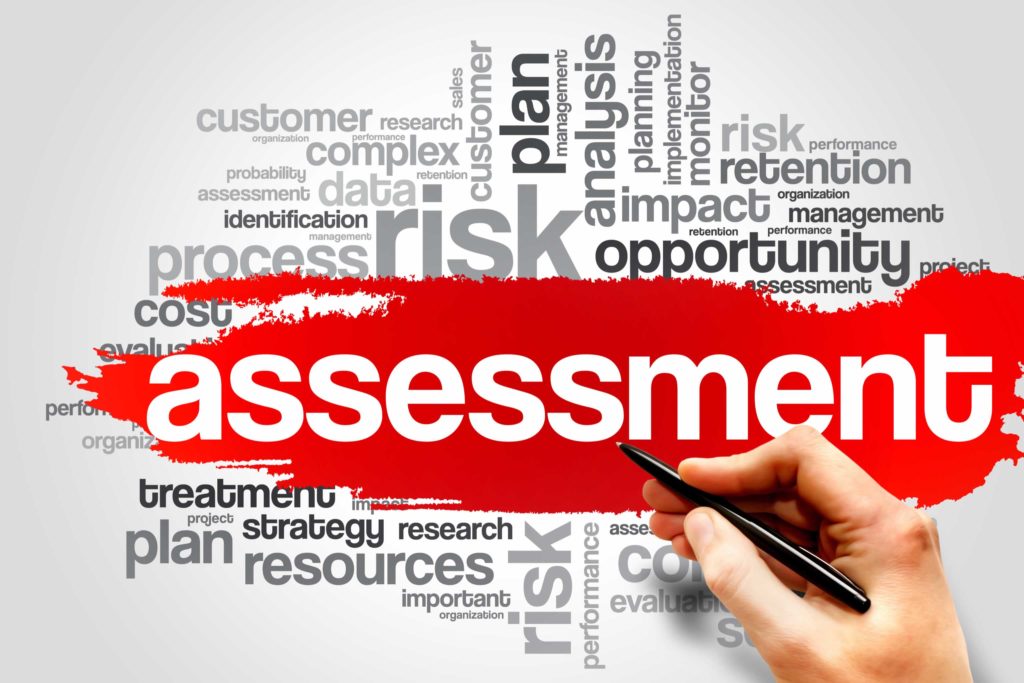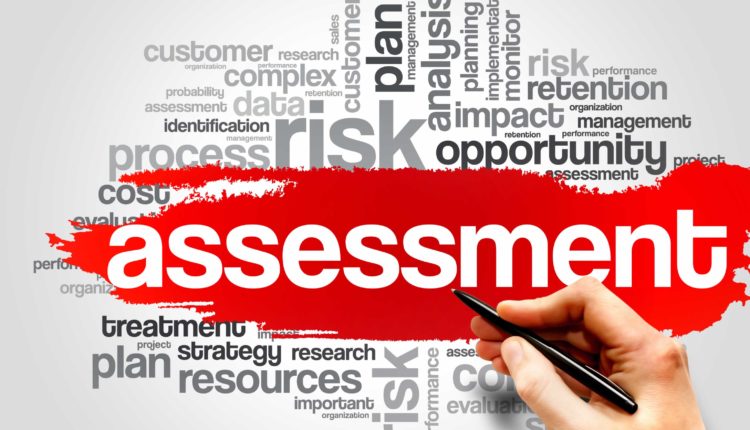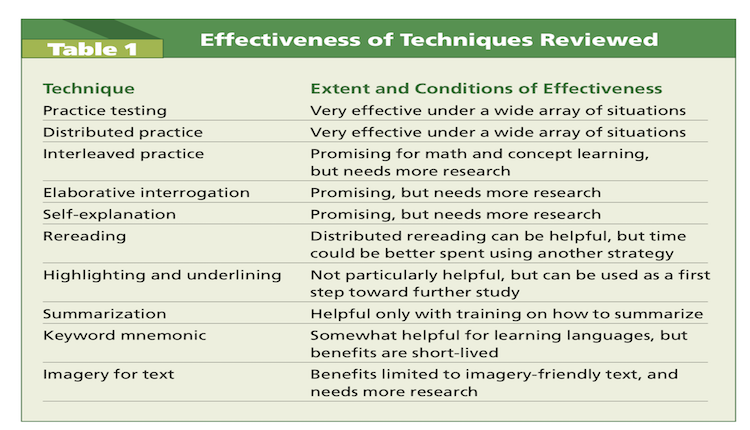Assessment at Key Stage 3 has always been a challenge. And there always seems to have been a tension, a tug of war between doing what is right for the students, helping teachers assess the quality of their curriculum against doing what SLT require to please Ofsted and to report progress to parents.
In the previous blog post these historic problems were briefly explored. Here we provide a way forward: 15 top tips for assessing at Key Stage 3.
Know what types of knowledge you are assessing
1. It is important to assess both the substantive knowledge (the stuff) and the disciplinary knowledge (the second-order concepts).
2. To assess disciplinary knowledge it is important to plan your Key Stage 3 curriculum around enquiry- questions. The end products of each enquiry question provide you with your opportunity to assess pupil work and thinking.
Vary the focus
3. Make sure your enquiry questions vary in their conceptual focus so you assess all of the different second-order concepts over time. Don’t fall into the trap of making your curriculum causation heavy. Instead, focus on exactly what you want your students to know in terms of their disciplinary knowledge. Our disciplinary take-away document can support you here. This will help you consider what different types of analysis you need to assess.

Create bespoke mark-schemes to assess work
4. For some end product assessments, design your own departmental ‘bespoke’ mark-scheme. This will help you to assess what you want your best pupils to know and do. We recommend you use 4 different types of responses eg: Low, Medium, High and Highest (but don’t mark the work with grades, only comments). Here is an old example of one from years gone by.
5. Realise that your mark-scheme is adaptable. Mark your students work and test out how well the m/s works. Change it in light of what they write – or change your teaching of the enquiry if you realise that you haven’t taught them what you wanted.
6. Don’t share your bespoke mark with your class. This just smells of teaching to the test. Instead, agree on success criteria for that particular question.
Vary the level of support you give
7. When it comes to teaching at Key Stage 3, vary how you approach the end products. For some, you should be directly modelling how they should approach the work. Live modelling is a brilliant strategy. However, for other end products, you should see what they can do completely independently. Sometimes avoid scaffolds. All of this will give you a clearer view of how they are doing.
Manage your workload by managing what you assess
8. You should aim to formally mark a minimum of one end product per half term. See point 15 below to ensure you use your professional judgement and take a more holistic view. Remember, you need to keep your workload manageable.
Substantive knowledge and key terms
9. Assessing substantive knowledge at Key Stage 3 is important too. This is because to be able to think in a disciplined way pupils need a firm grasp of the substantive first.
10. Identify, teach and assess their grasp of key terms (first-order concepts). You can do this as a settler task, during the lesson or for homework.
11. Identify in your curriculum the finger-tip knowledge you want your pupils to have. Here is an example of our substantive knowledge takeaway for the Medieval Period.
12. Use low stakes substantive knowledge tests to see how much they know at during the unit of work. Here is an example of one.
Interrupt the forgetting curve
13. You should aim to interrupt the forgetting curve by intermittently assessing to see how much they know. But, we know that the forgetting curve is based on dodgy data.
14. Make assessment interesting. There are lots of different ways to do this. Unlike some may think, assessment (and teaching) isn’t just direct instruction, note-taking and multiple-choice tests.
Reduce student stress
15. Realise that you are assessing your students at all times via questioning, observing them work independently and in pairs. Therefore, don’t make the end product assessment or substantive knowledge test ‘high stakes’ or stressful. Instead, tell them that everything you do in class helps you work out how well they are doing. And it is all equally important in informing you of how well they are doing.




